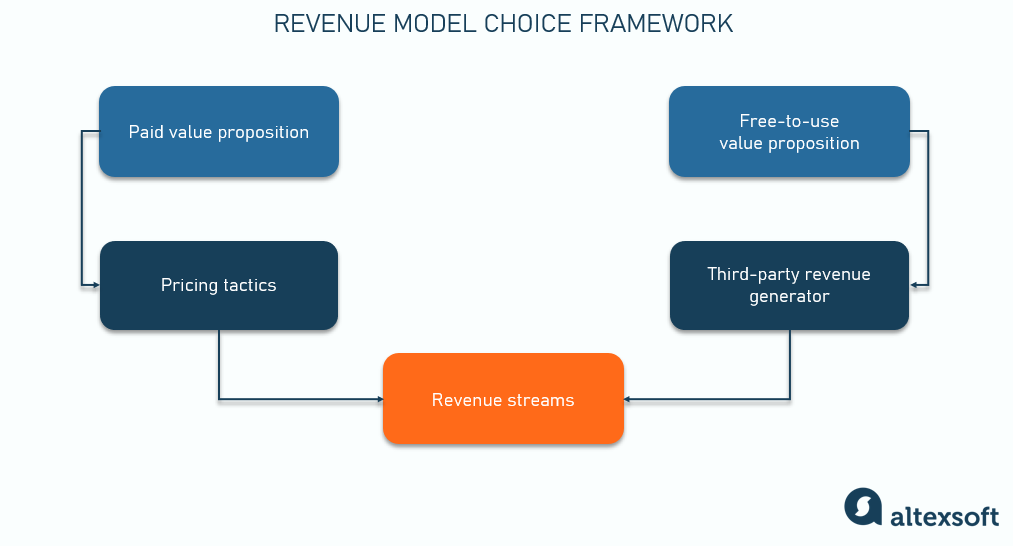The world of commerce relies heavily on efficient and reliable shipping. From small online businesses to multinational corporations, companies need to move goods across vast distances to reach their customers. But how do these companies actually make money from shipping? The answer lies in a variety of innovative shipping models that generate revenue through different avenues. This article will delve into the diverse strategies employed by companies to turn shipping into a profitable endeavor.
This exploration will cover various shipping models, focusing on how e-commerce businesses and logistics companies leverage them for revenue generation. We’ll examine delivery fees, discounted carrier rates, premium shipping options, and the crucial role played by logistics companies in providing efficient shipping solutions.
Shipping Models for E-commerce
E-commerce has revolutionized retail, making it easier than ever for consumers to purchase goods online. However, this convenience comes with the logistical challenge of delivering products to customers’ doorsteps. E-commerce businesses have developed several shipping models to ensure profitability while providing a seamless customer experience.
One common model is direct fulfillment, where the e-commerce company itself handles the storage and shipment of products. This allows for greater control over the shipping process, but it also requires significant investment in warehousing and logistics infrastructure. Another model is dropshipping, where the e-commerce company acts as a middleman, connecting customers with suppliers who handle the fulfillment process. Dropshipping eliminates the need for inventory management, but it can result in lower profit margins due to reliance on third-party suppliers.
Delivery Fees and Revenue Generation

Delivery fees are a straightforward way for companies to generate revenue from shipping. By charging customers a fee for delivery, businesses can offset the costs associated with transportation, handling, and packaging. The amount of the delivery fee can vary depending on factors such as distance, weight, and speed of delivery.
E-commerce businesses often offer different delivery options with varying fees. For example, standard delivery might be free or have a low fee, while express delivery could come with a higher charge for faster transit times. Some companies also implement tiered pricing structures based on order value, offering free delivery for orders above a certain threshold.
Discounted Carrier Rates
Companies can negotiate discounted rates with shipping carriers to reduce their overall shipping costs. This is particularly beneficial for businesses that ship large volumes of goods regularly. By leveraging their bargaining power and establishing long-term partnerships with carriers, companies can secure lower per-shipment rates.
These discounts can significantly impact profitability, allowing companies to offer more competitive pricing to customers or increase their profit margins. Logistics companies often specialize in negotiating these discounted rates on behalf of their clients, acting as intermediaries between businesses and shipping carriers.
Premium Shipping Options

Premium shipping options provide an opportunity for companies to generate additional revenue by catering to customers who prioritize speed and convenience. These options typically involve faster transit times, guaranteed delivery dates, or specialized handling services.
Examples include express shipping, overnight delivery, or same-day delivery. While these premium options often come with a higher price tag, they appeal to customers who require urgent deliveries or value the added assurance of timely arrival. By offering a range of shipping options, companies can cater to diverse customer needs and preferences while maximizing revenue potential.
Logistics Companies and Shipping Solutions
Logistics companies play a crucial role in facilitating efficient and cost-effective shipping solutions for businesses of all sizes. They specialize in managing the complex logistics involved in moving goods from origin to destination, offering a wide range of services beyond simply transporting packages.
These services include warehousing, inventory management, order fulfillment, transportation optimization, and customs brokerage. By outsourcing their logistics needs to specialized companies, businesses can focus on their core competencies while benefiting from the expertise and infrastructure of logistics providers.
Conclusion
The world of shipping is a dynamic and constantly evolving landscape. Companies have developed diverse shipping models to generate revenue and ensure efficient delivery of goods to customers. From delivery fees and discounted carrier rates to premium shipping options and the vital role played by logistics companies, there are numerous strategies employed to turn shipping into a profitable endeavor. As e-commerce continues to grow and consumer expectations evolve, the shipping industry will undoubtedly continue to innovate and adapt, finding new ways to generate revenue while providing seamless and reliable delivery experiences.



